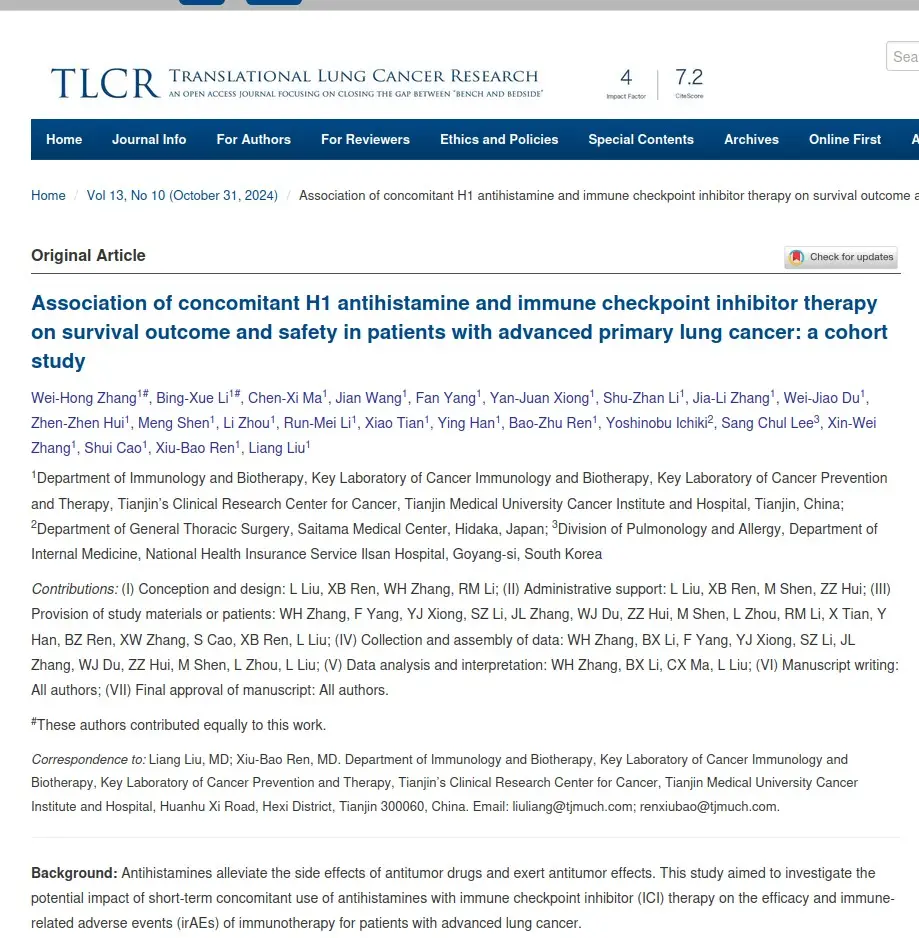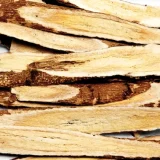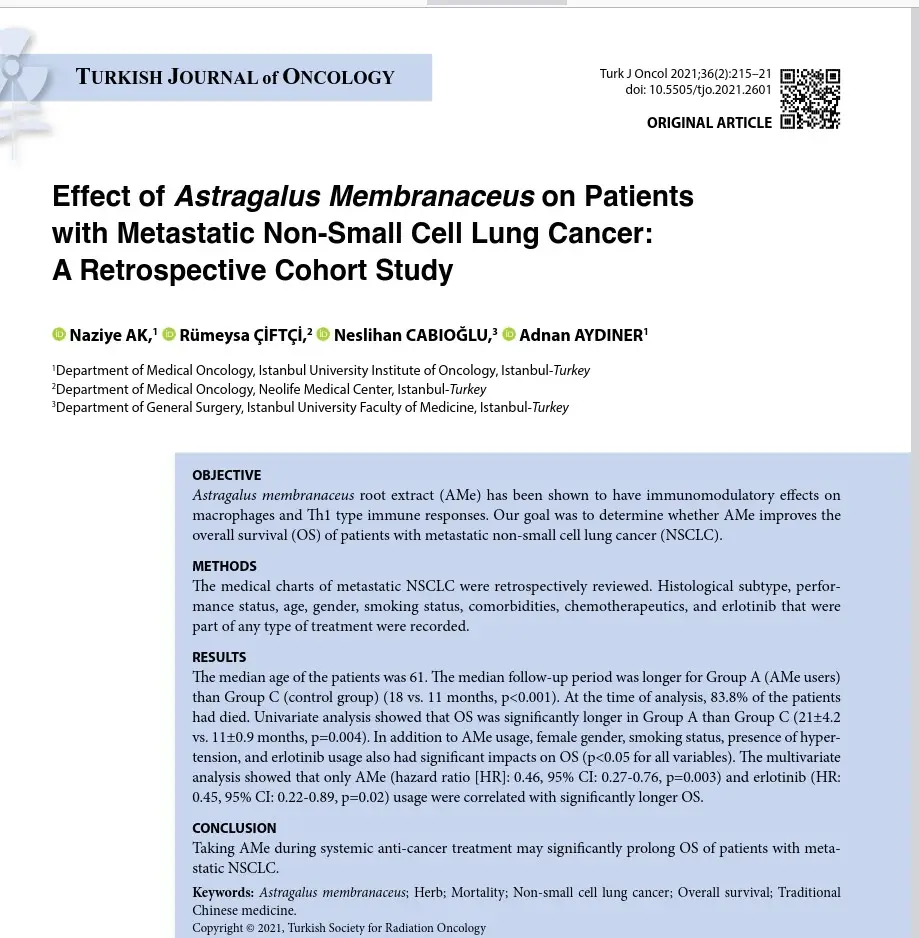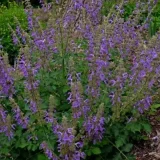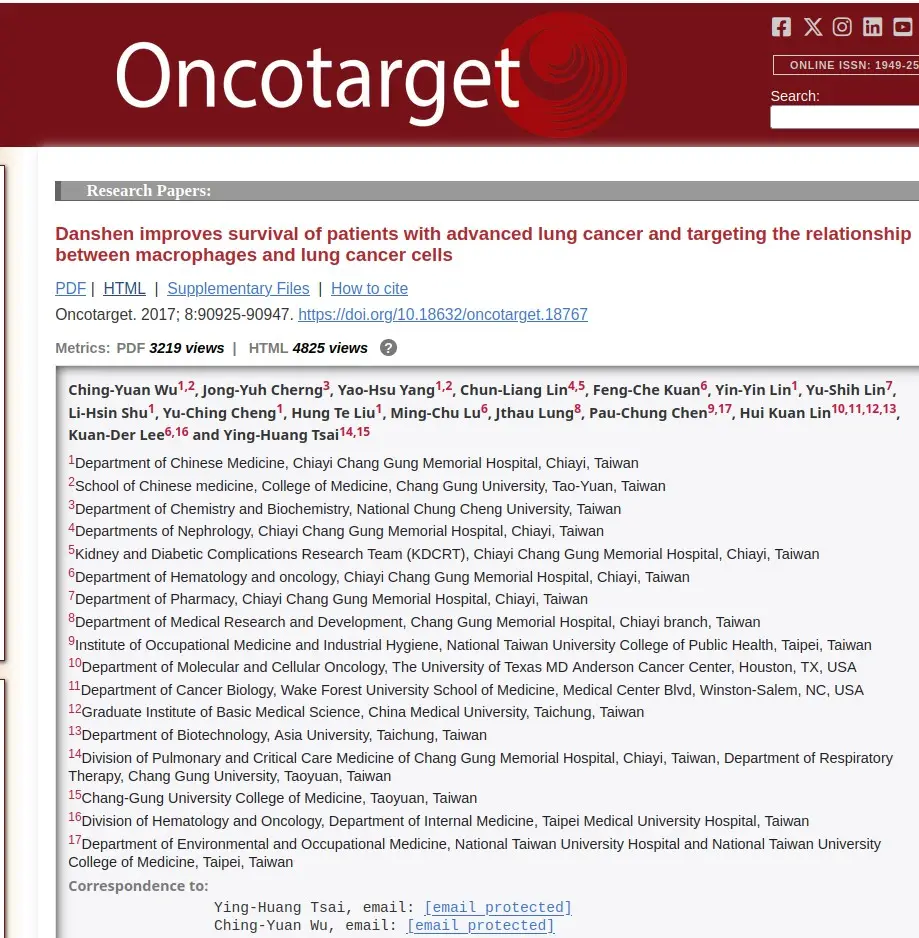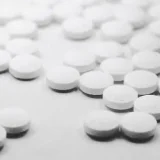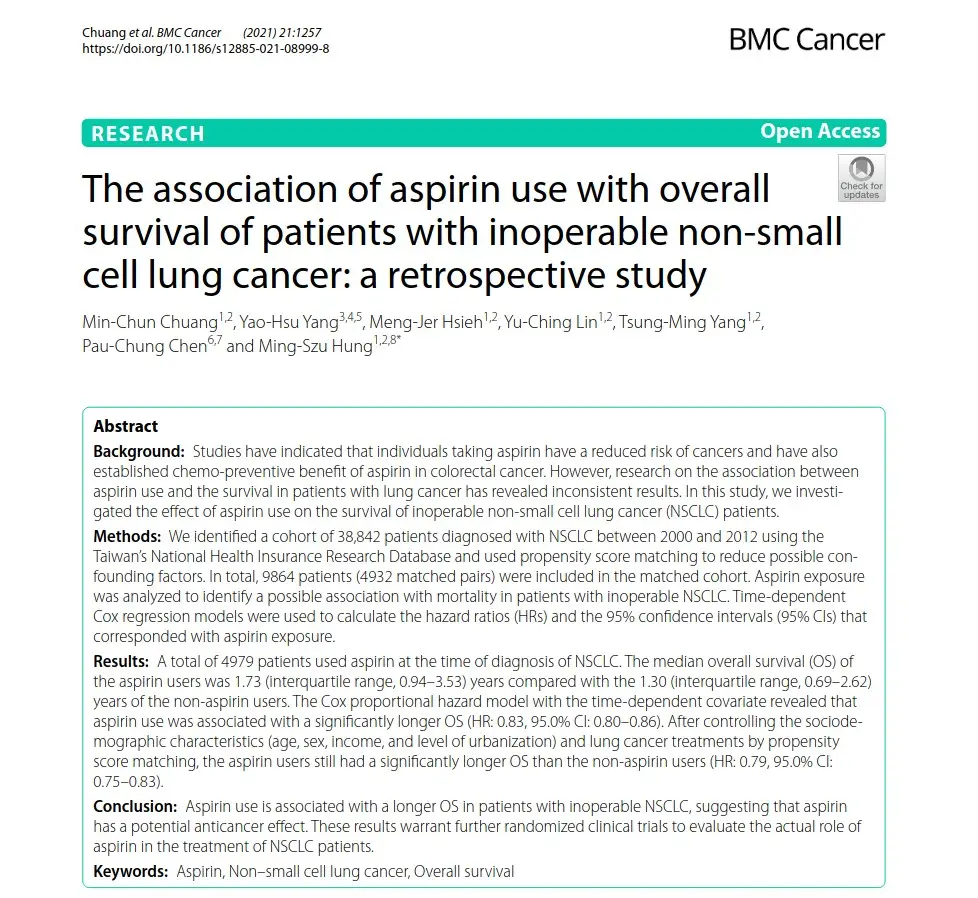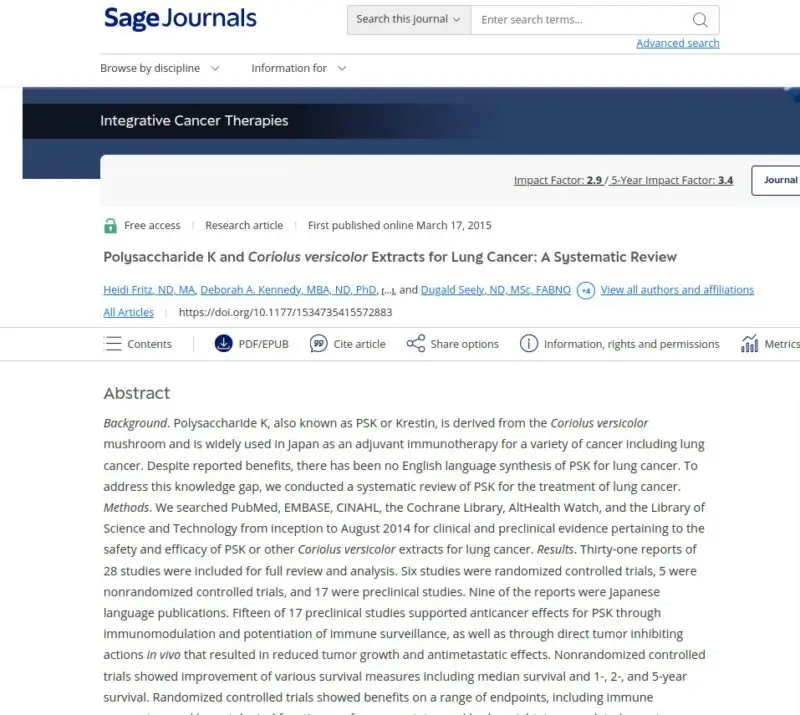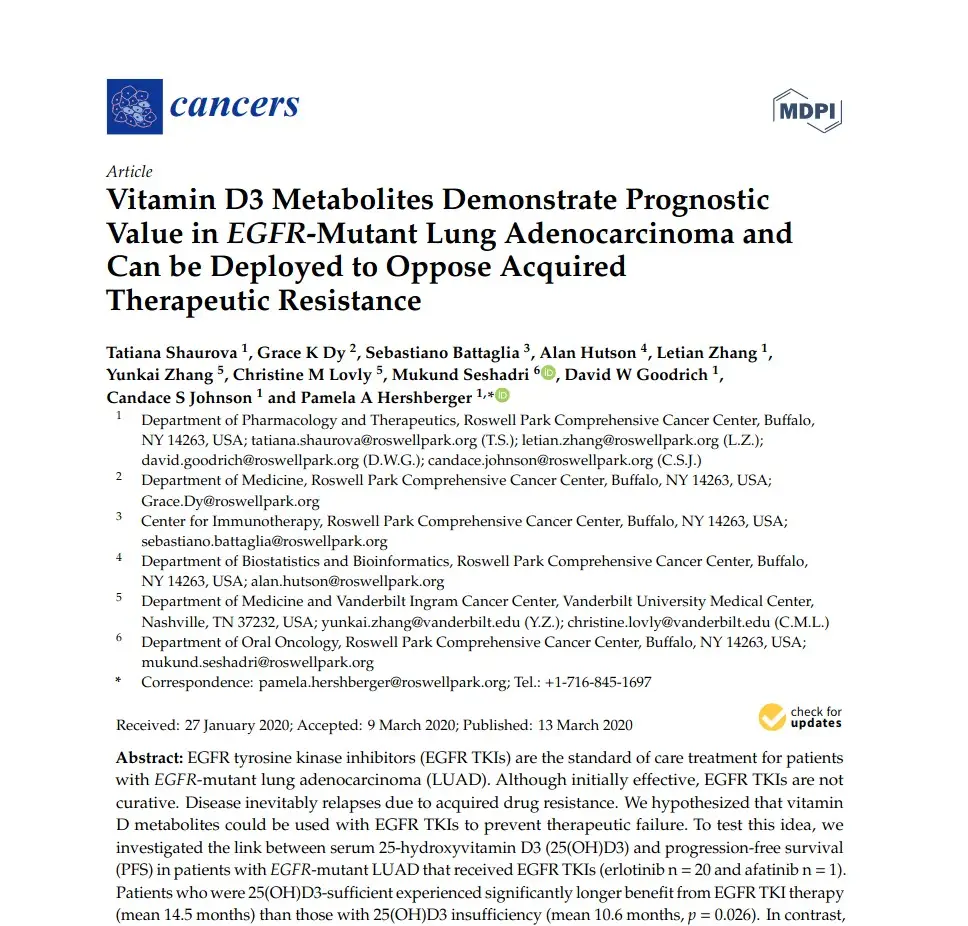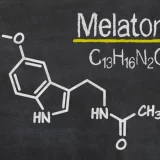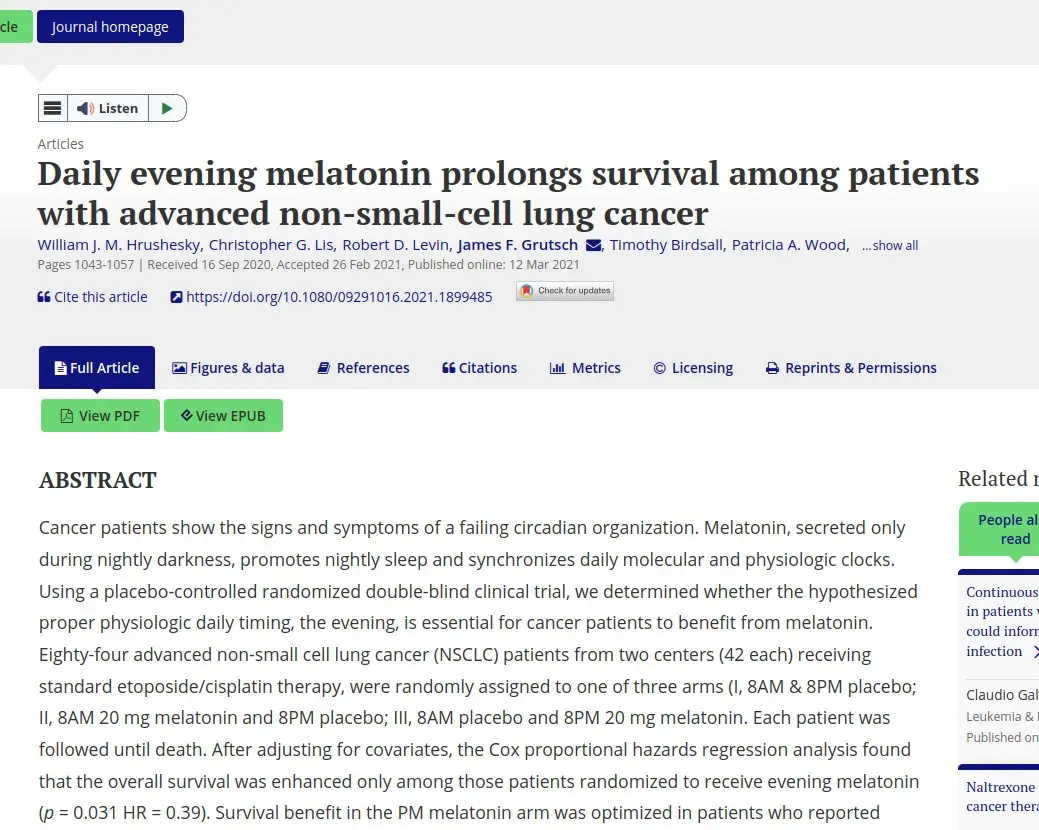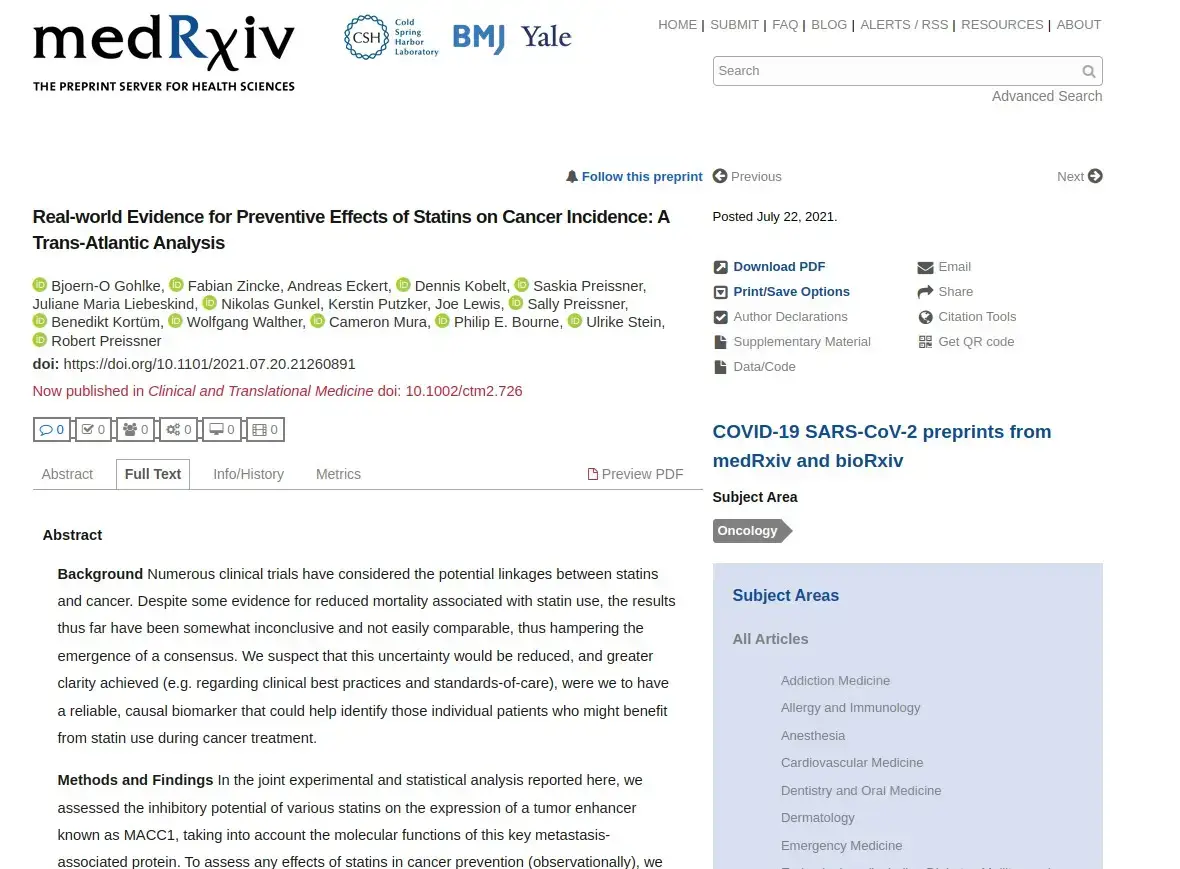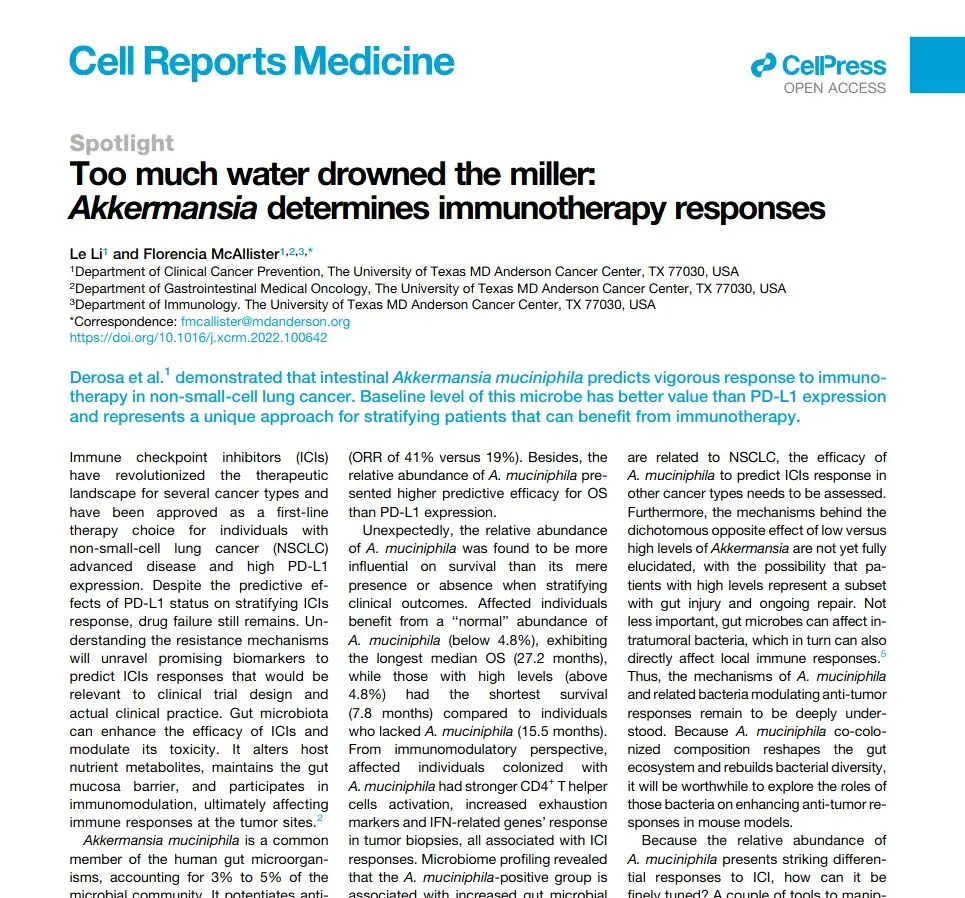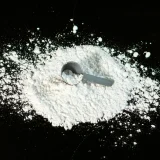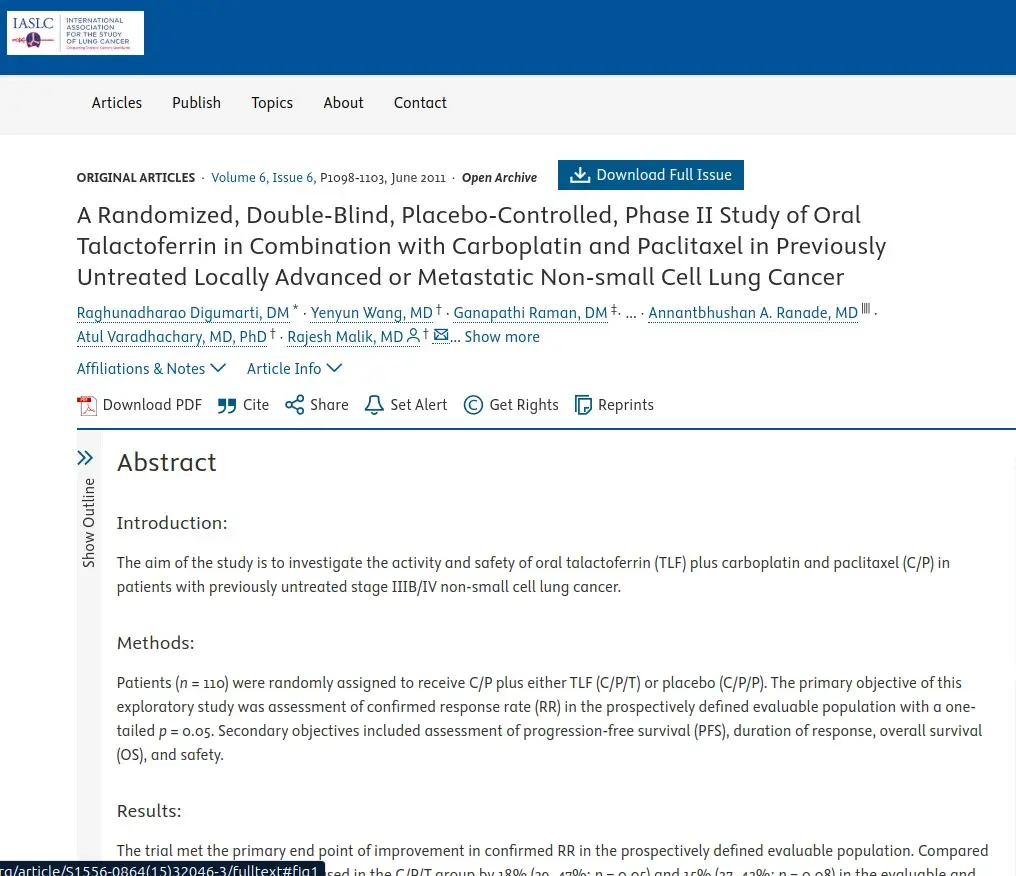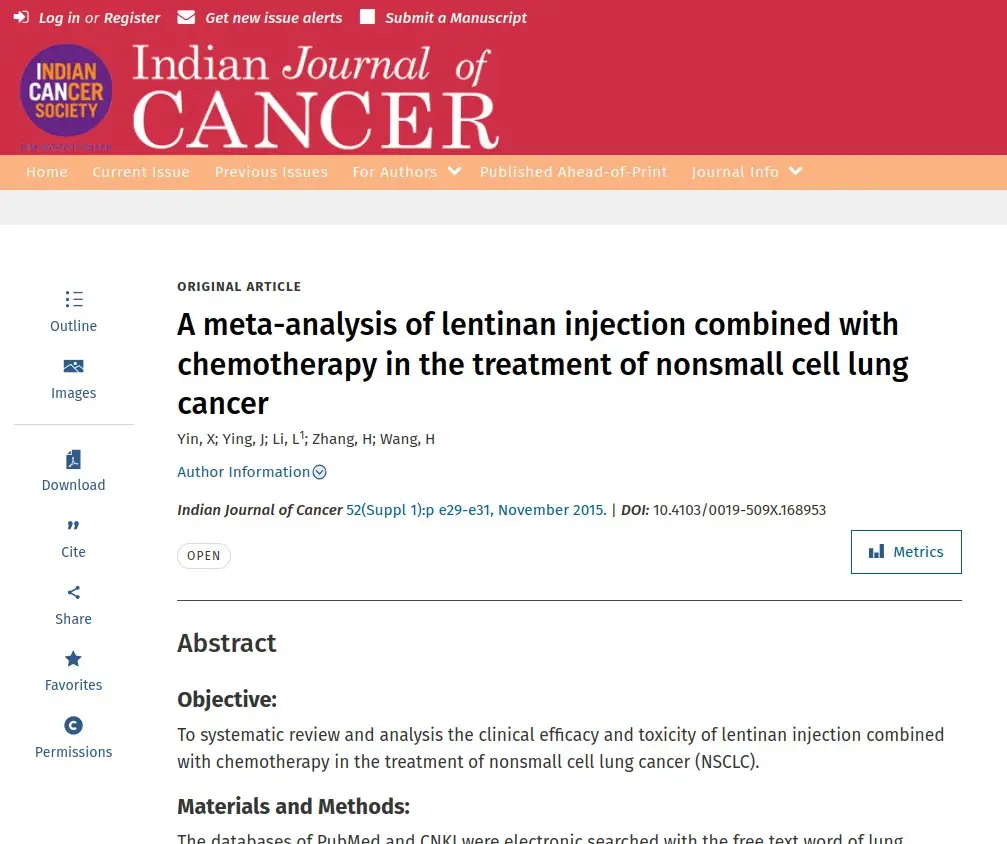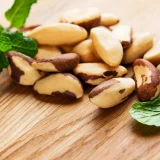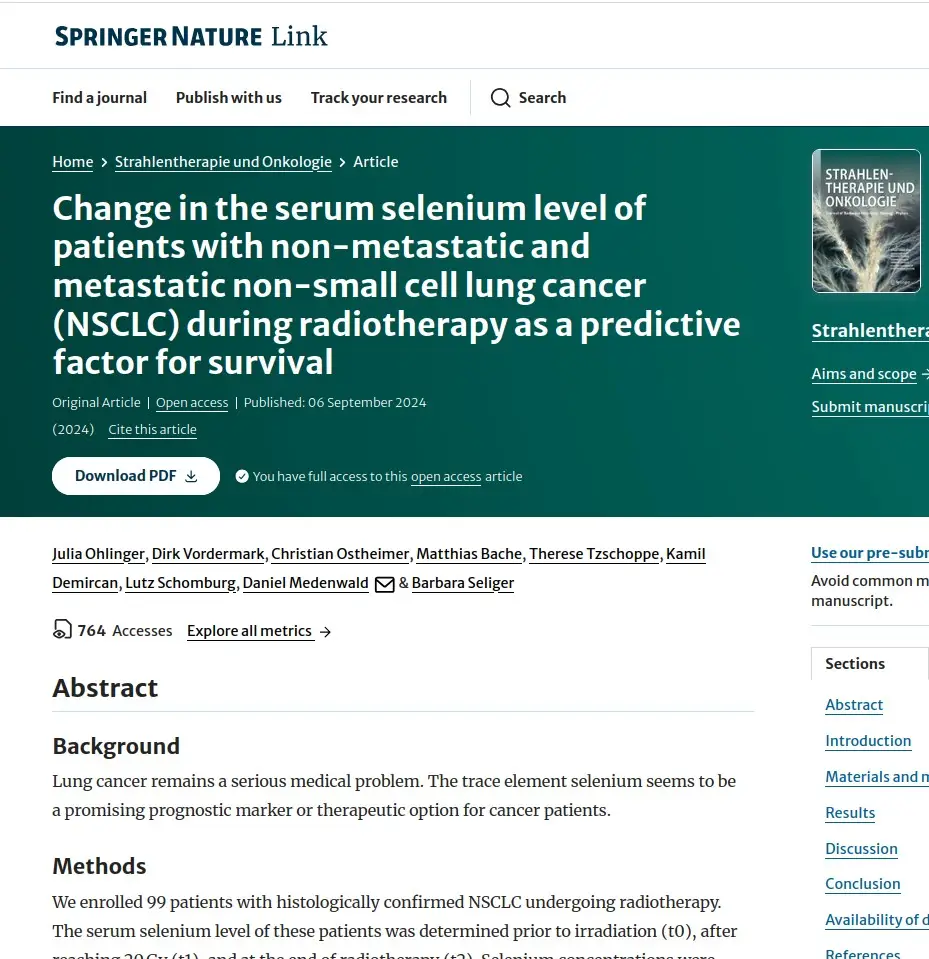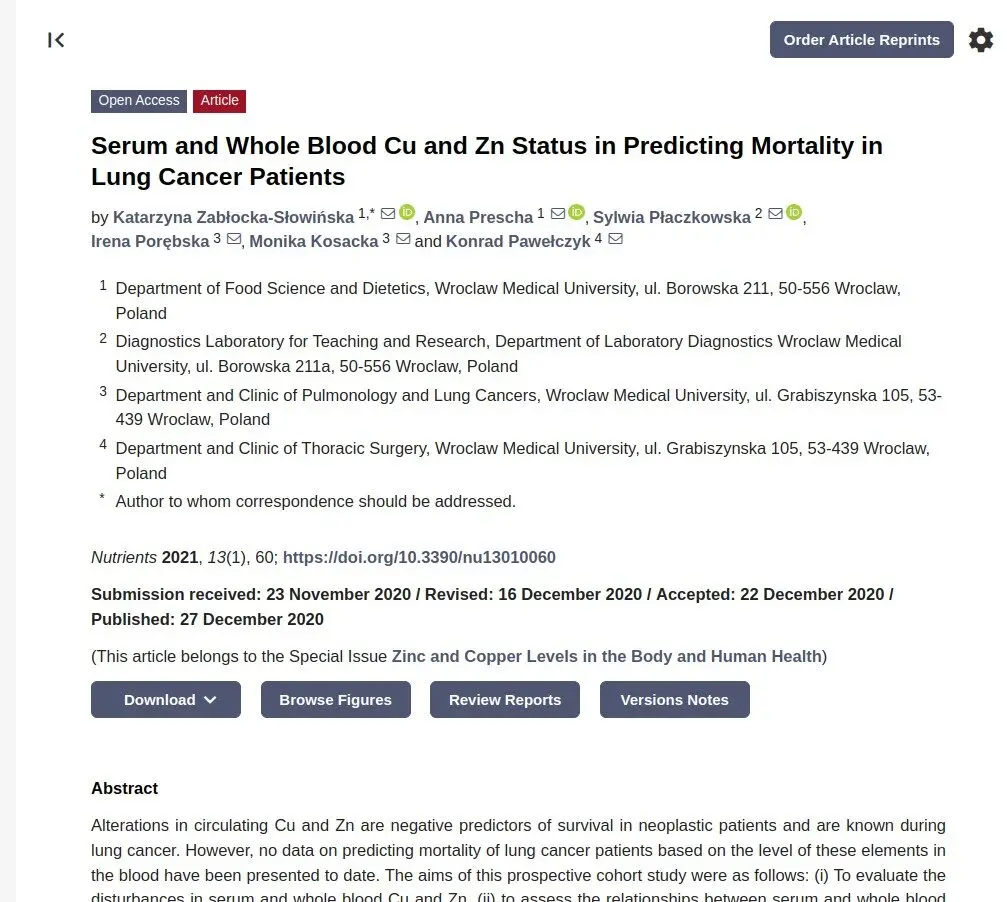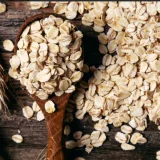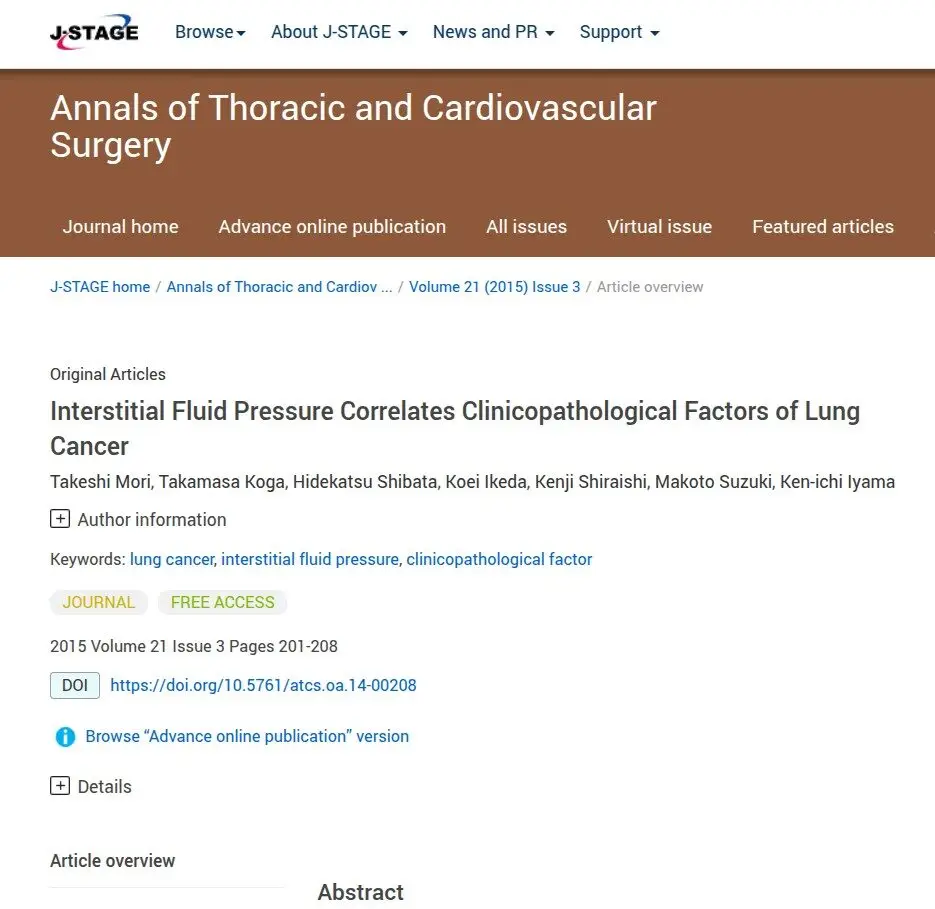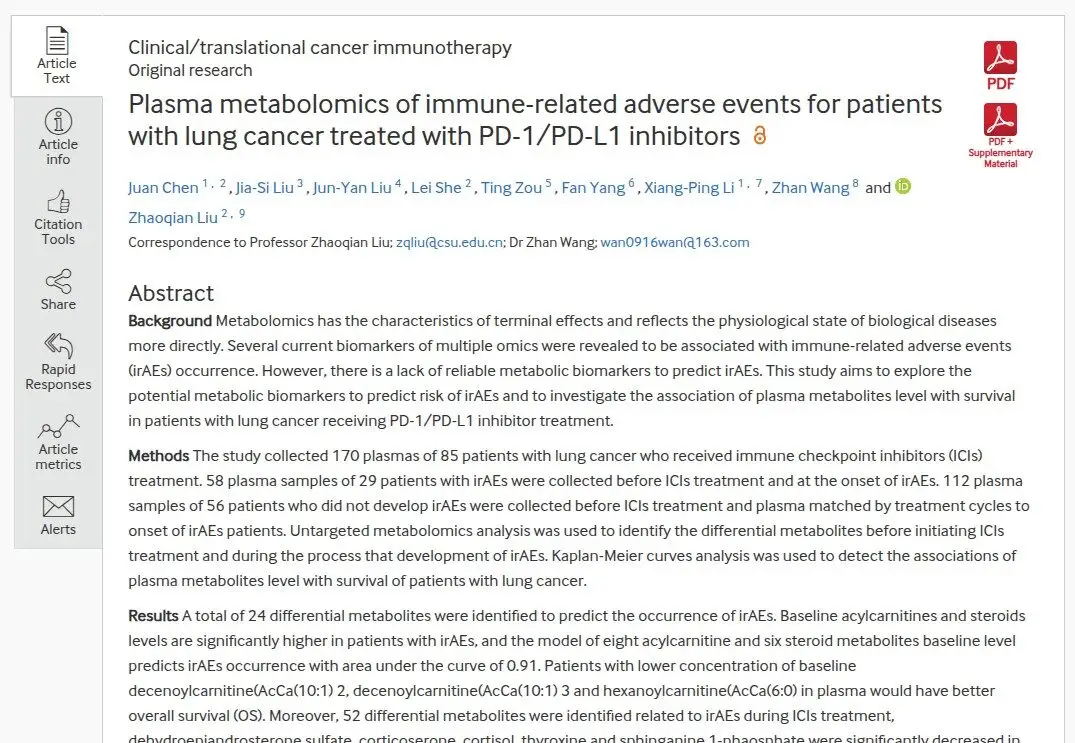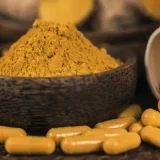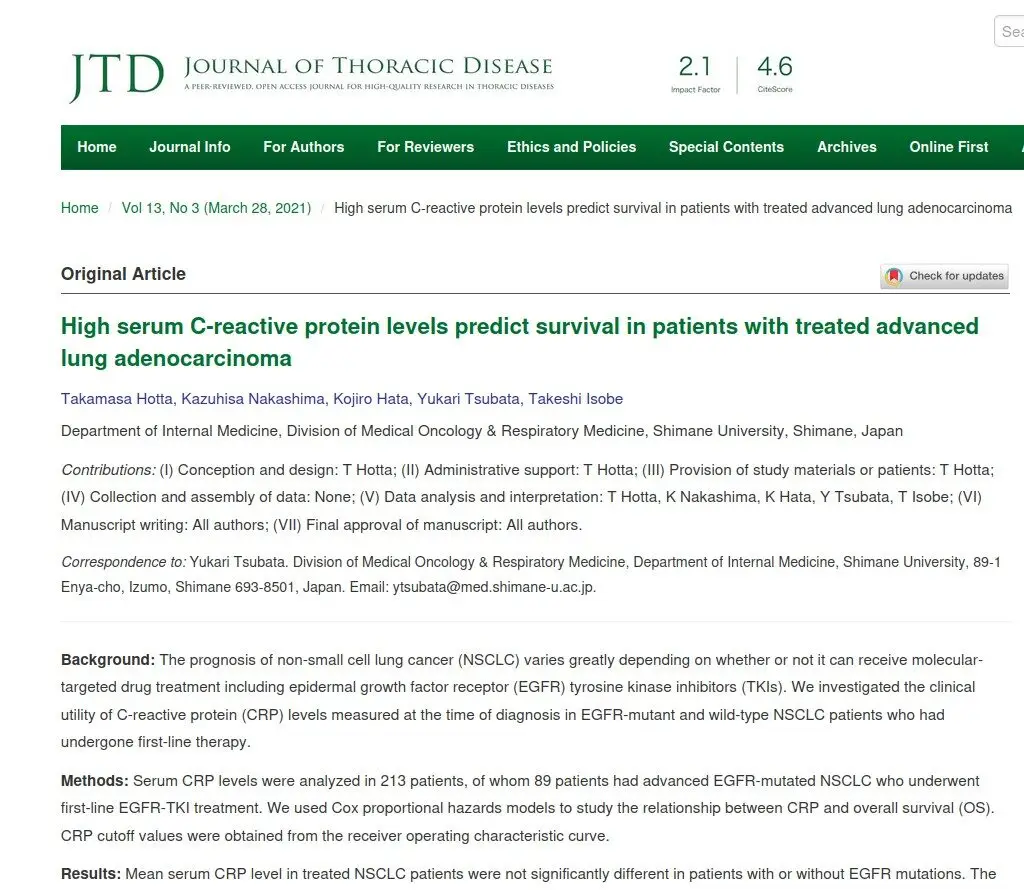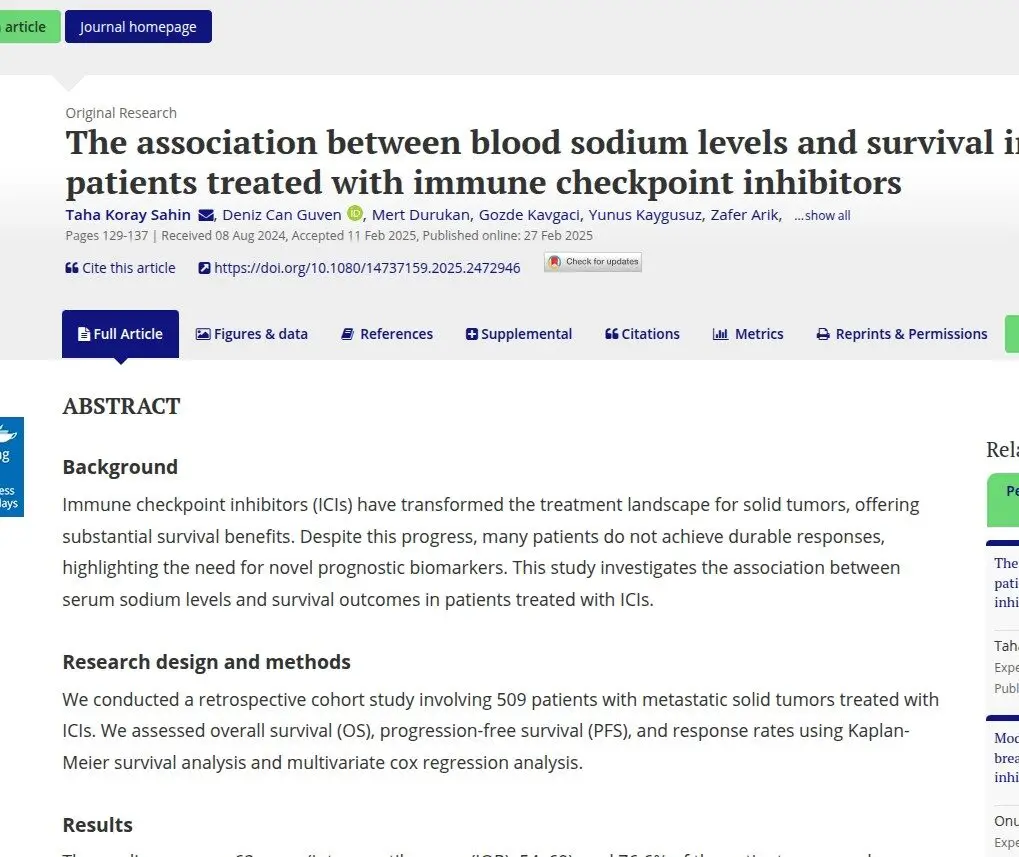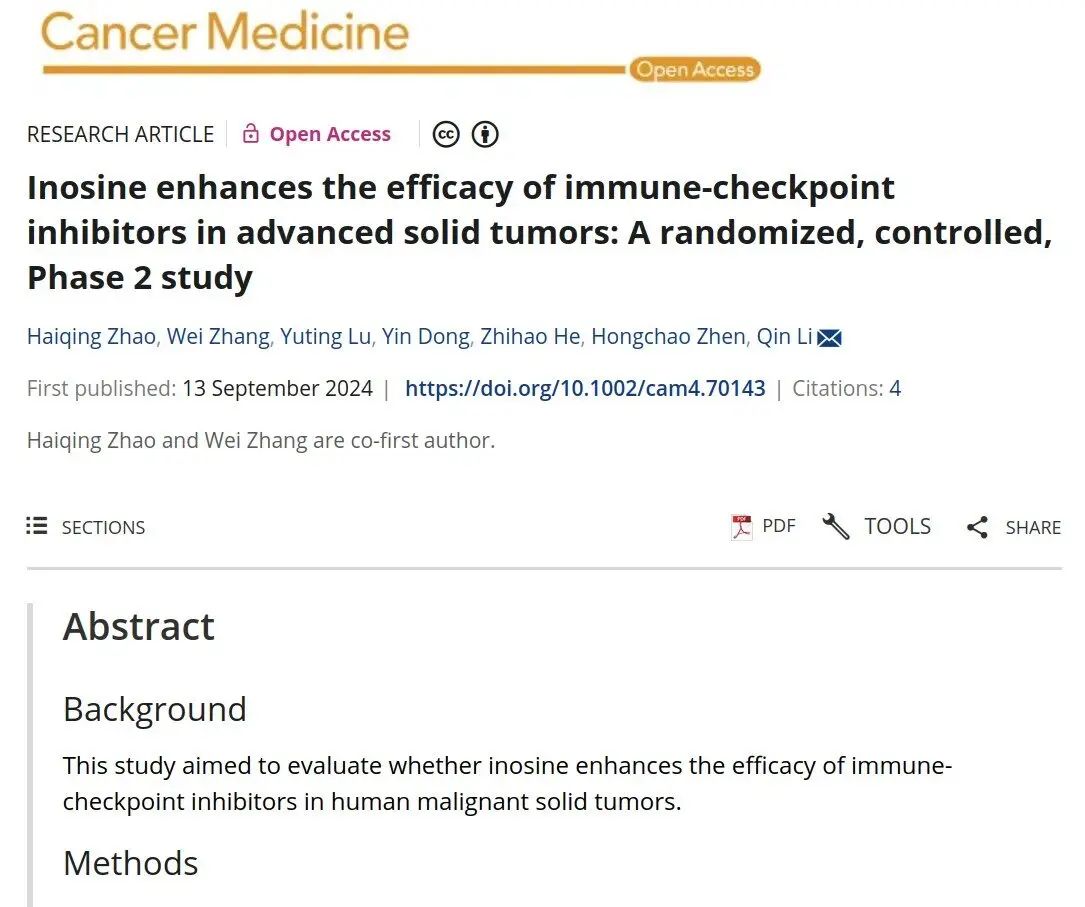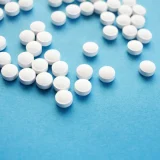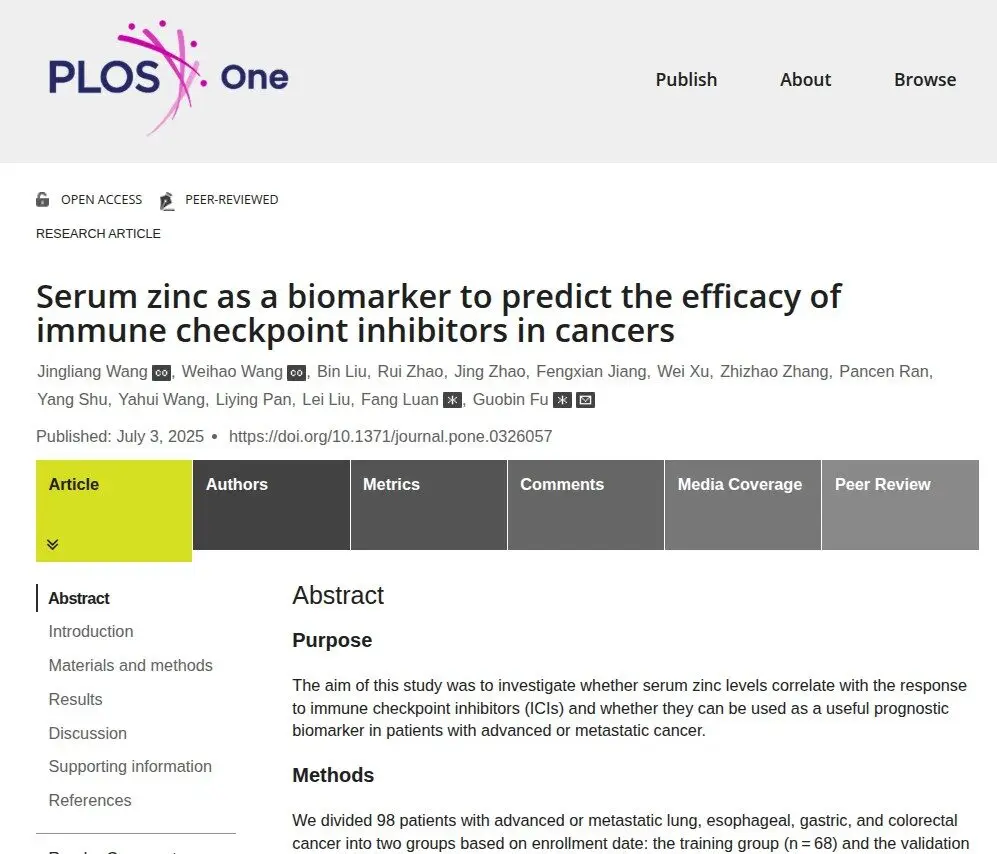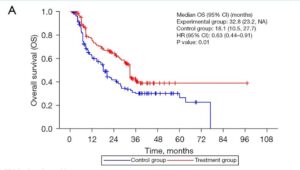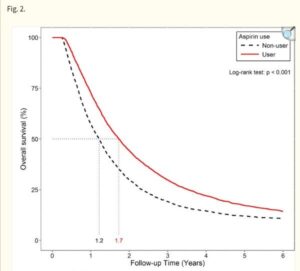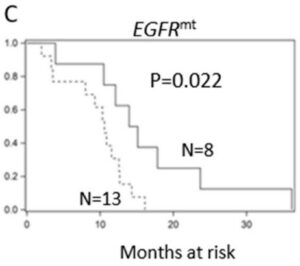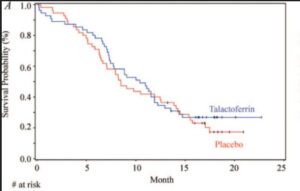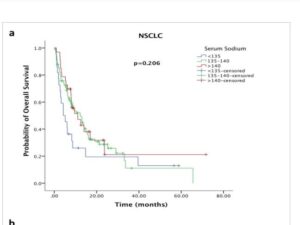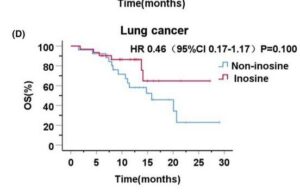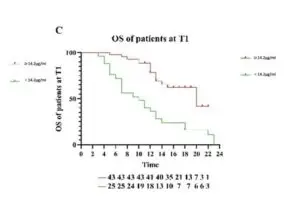There are some remarkable recent studies here on use of natural supplements, over the counter drugs and more that can substantially improve quality of life for patients, including slowing progression. Strikingly, these are similar to or better than trials with new oncology drugs in many cases. Some are even very simple, and all are easily available and well proven.
With immunotherapy drugs such as pembrolizumab (Keytruda) or nivolumab (Opdivo), new research reports large improvements in responses with use of antihistamines such as loratadine. Both for NSCLC adenocarcinoma/ squamous cell and for SCLC. The substantial risk reductions have resulted in average increase of 80% to the treatment reponse in real terms, and a less than half the incidence of serious side effects from the drugs. Importantly, H2 class antihistamine cimetidine substantially increased patient risks by nearly 2.4X due to negative effects on gut bacteria, the microbiota.
A 2021 trial of astragalus extract with chemotherapy or tyrosine kinase inhibitors such as erlotinib reports really positive impacts. Astragalus is a widely available and very well proven herbal supplement. Remarkably, for the 3/4 majority “low PDL-1” patients, roughly halved the risk of progression. This is equal to the effects of adding immunotherapy to chemotherapy, but with much lower side effects. The data from this real world Turkish trial confirms the activity of astragalus extracts beyond asia, and that builds confidence for similar well proven herbal supplements especially danshen. Based on the patient records of lung cancer patients treated in Tiawan, an aggregated analysis of trials shows nearly two thirds overall risk reductions for patients that took sustained doses of danshen. Immune system enhancing actions of astragalus and danshen may be something to avoid following transplant surgery though. A similar 2021 study on the same database found a 21% risk reduction for use of low dose aspirin, which like astragalus and danshen show strong indirect evidence of anti-metastatic activity playing a key role in assisting treatments.
In asian oncology, mushroom extracts from Turkey Tail are also widely available and well proven due to their “beta glucans” – active compounds that activate the immune system . A study averaging results from eleven asian trials reports some average impacts that can be substantially beneficial especially in early stages. Including easing many side effects. Also in early stages, correcting vitamin D3 has been shown to have a large benefit to the results of treatment for about a quarter of cases, and that was only 1200IU doses. The proposed mechanisms include lowering metastatic activity.
Multiple studies of patient outcomes have reported some much higher response rates in users of statins, including in relation to immunotherapy. The risk reductions with statins are substantial, and atorvastatin is highlighted though lovastatin, and therefore red yeast rice, are closely performing alternatives. Its remains unclear to what degree these benefits would transfer across all patients, but research indicates likely impacts are in those who respond with lower cholesterol levels.
Melatonin has been heavily studied in several cancer types and shows valuable improvements in outcomes, including substantially improved symptoms in dyspnea – shortness of breath. Surprising for its impact in very late stage patient care. Clinical trials have been run at both 100mg and 1000mg in various cancers with reports showing many patients responding in advanced stages including some with surprising stabilization of disease progress.
Recent studies of immunotherapy outcomes also show the need for a healthy gut microbiome in particular a natural 3-5% of akkermansia. Patients with low levels had much weaker response rates and higher risks for faster progression. Crucially though, over-abundance due to exposure to antibiotics caused accelerated progression. Along with these bacteria strains, the presence of inosine both naturally and supplemented has growing evidence of strongly improving the response rates of immunotherapy. Related to diet, there are some promising results for long term remission is some patients using ketogenic diets (see Lifestyle) and there are ongoing trials including for immunotherapy. Some strong “responders” get sustained long term benefit.
Also in immunotherapy, circulating ferritin indicating irregular iron levels is linked with 60% increased risks for progression. A milk pre-biotic lactoferrin can bind iron and reduce ferritin levels, and has its own clinical studies showing improved outcomes. Another biomarker indicating lower risks are circulating levels of a fatty acid type, medium chain acylcarnitines. Urolithin-A, a supplement derived from pomegranate or walnuts, has been shown in anti-aging science to help reduce levels, improving metabolic health.
High serum levels of copper especially with insufficient selenium is very much linked with a poor prognosis. The reason is not clear, but one possibility is cancer switches the metabolism to free up copper already in the body, which it needs to grow and spread rapidly. And, low selenium is commonly also reported, which weakens immune system defenses. Heavy metal detoxification has been shown in patient case with use of citrus pectin, ideally with marine alginates. Citrus Pectin also limits the so called galectin-3 signaling pathway which has been shown in treatment resistance in lung cancer oncology, especially immunotherapy. In kidney cancer, “high” dose selenium has been shown to allow oncology drugs to penetrate tumors much more effectively, and has ongoing clinical studies.
Systemic inflammation is linked with increased risks for progression, especially in later stages. Both acute type inflammatory responses measured by c-reactive protein, and immune system related neutrophil-to-lymphocyte ratios. Maintaining relatively lower levels of both make a substantial difference. Astragalus also has evidence of improving immune system balance during immunotherapy for lung cancer, and NLR while curcumin and other other functional foods including garlic can help bring down CRP. Another nutrient recently seen boosting natural immune system activity during immunotherapy is sodium, higher levels are almost exclusively linked to complete treatment response.
The so called Th1/Th2 immune system balance is strongly linked to the progression and to treatment resistance. Molecular iodine solutions are emerging in this area in breast cancer management and seen boosting Th1 anti tumor activity and helping suppress over active Th2 used in resistance. The has improved results in surgery plus chemotherapy and may support increased response immunotherapy (see Supplement Library). Its also relevant that AM immunotherapy is more effective than PM/evening in other cancers.
Beyond statins, the beta blocker landiolol has shown some considerable promise based on lung cancer case histories (see Repurposed Drugs)



